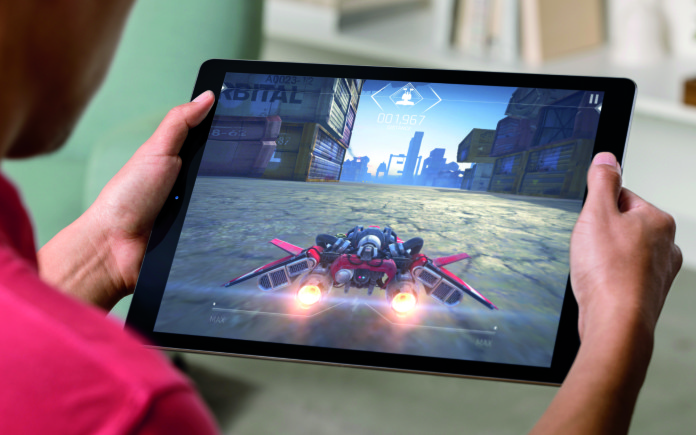The five decades since the release of the Magnavox Odyssey, the world’s first gaming console, have seen video gaming transcend its formerly niche status and become a full-blown cultural institution. In the 21st century, the impact of gaming can be seen in everything from blockbuster movies to the tech devices we use on a daily basis. Gaming has gone from being a leisure activity to a professional career, creating brand-new markets poised at the edge of innovation.
There are currently over 3 million people in the world right now who play games on a regular basis. The industry houses a business ecosystem that consists of indie creators, global development studios and multinational tech corporations, all generating upwards of $180 billion in annual revenues combined. It’s no wonder that the top gaming companies in the world top the charts as the most successful big tech companies too.
Gaming has changed remarkably since the early 1970s, making it almost unrecognisable from what it once was. The final decades of the 20th century undoubtedly went a long way to changing the state of play, with home consoles, gaming PCs and handheld gaming devices entering the mainstream, but the true revolution kicked off in the digital era. Advanced technology has steered the gaming industry to the behemoth that it has become today, and in this post, we’ll take a look at the most ground-breaking and influential developments.
The Information Superhighway
Quite simply, the gaming revolution wouldn’t have been quite as revolutionary had it not been for the explosion of internet connectivity at the turn of the 21st century. Internet functionality ushered in a batch of games that seemed to run at lightning speed, promoting console manufactures to unleash new generations of gaming devices that could deliver the speed and power needed. As more people across the globe gained access to the online realm, the stage was set for a global gaming boom.
The impact of the internet on the gaming industry as it stands today cannot be overstated. Brand new markets and segments emerged in the wake of gaming going online, leading to lucrative new business opportunities for gaming incumbents and new entrants alike. Meanwhile, for gamers, new possibilities opened up in which they could connect with fellow players all over the world. It’s thanks to the internet that we have eSports and blockbuster gaming genres like Multiplayer Online Battle Arenas (MOBA) and Massively Multiplayer Online Role Playing Games (MMORPG).
Random Number Generators
What does an iconic video game like Pokémon have in common with the table games of a digital casino like SlotsLV? They’re both reliant on random number generators (RNG). These software algorithms add a defining element to a massive variety of games, ensuring an unpredictable outcome when a player spins a digital roulette wheel or when they’re hunting for brand new Pokémon.
The experience of playing games has been significantly enhanced by RNG integration. After all, who wants to play a game with the same outcomes time and time again? Random number generators keep modern video games fresh, no matter how frequently a gamer plays them.
Game Engines
By the end of the 20th century, player demand meant that video games needed to become more complex and deliver more engaging on-screen experiences. In order for developers to manage the various elements of video game development and implement more advanced technologies like 3D graphics, they needed a functional environment in which to manage numerous components. Enter the game engine.
When Unreal Engine was released in the market in 1998, it blew gamers away with the visual quality it was able to produce in demo games. For the first time in the history of gaming, developers were able to get their hands on the perfect framework for containing the various elements of a video game, speeding up game development in the process. Up until then, games were released with their own in-built rendering engines, which, while sounding impressive, gave rise to all sorts of gameplay-related issues.
Now, modern games are built entirely using game engines. For developers, they’re the perfect framework in which to simultaneously work on all aspects of game development, be that graphic design or using an RNG to program random elements. Players, meanwhile, get the benefits of finished games, which are more responsive than ever before.
Mobile Gaming
Around the 2010 mark, it was time for a new sector to take charge in the gaming industry. So began the start of the mobile gaming era. Since the late 2000s, gaming on the go had been growing at a double-digit rate, and it was primed to ascend in 2014 when global smartphone penetration hit an all-time high.
Just two years later, in 2016, mobile gaming had become the industry’s leading segment. Then, in 2018, it outperformed both PC and console gaming combined. Since then, mobile has dominated in terms of market share and now currently generates 52% of the industry’s annual revenues.









